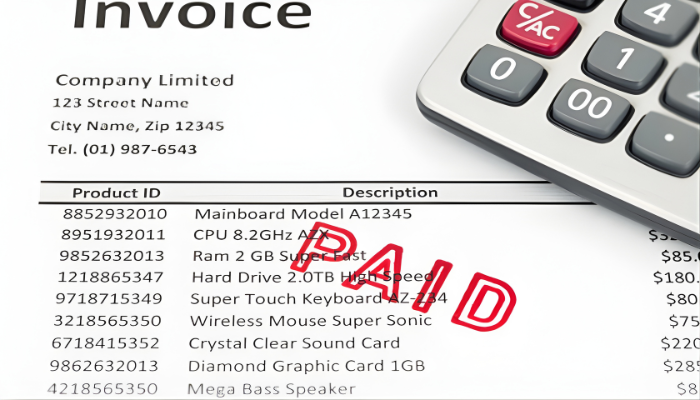
If you own a small business, you've likely heard about the high failure rate of entrepreneurs. You might be concerned about how you can avoid the same misfortune. One of the best ways to keep your company going is to learn from the common financial mistakes made by businesses and their owners. As you find out what contributes to the downfall of many small businesses, you can take steps to protect your own start-up.
Setting Prices Too Low
There's no doubt that low prices are a great a way to draw in customers. However, if you set your price point too low, it can absolutely sink your company, especially if you open with low prices and then have to raise them later. Before you open up shop, find out what your competitors are charging. Then, instead of pricing your product below their rates, look for ways to make your product or service better. Consider offering additional services or items and then charging a bit higher for them. Most customers are willing to pay a higher price for a product that has better quality.
Hiring Employees Unnecessarily
Many business owners look forward to the day when they can hire their first employees, viewing this step as a sign of growth. But if you hire workers before you need to, you're likely setting your business up to fail. The initial costs of simply hiring an employee can be high, and you're obligating yourself to match payroll tax contributions to the IRS. If you offer a contract, you'll even be on the hook to continue employing your workers when the revenue falls. Before you think about hiring workers, take a realistic look at your income projections for the next two to three years and then decide if you really need employees or not.
Relying on One or Two Clients
When companies first start out, they tend to rely on their most frequent customers and clients. While this is natural, it can also be dangerous. Failing to diversify your income stream can leave you high and dry if your customer suddenly stops placing orders or goes under. Keep your frequent clients happy, but make sure that you're actively seeking other customers in the meantime. This will give you a steady stream of income that is unlikely to dry up all at once.
Your company doesn't have to fall victim to these same business mistakes. If you learn from these examples, you can made adjustments in your business strategy to ensure that your company stays afloat, no matter the weather in the market.















